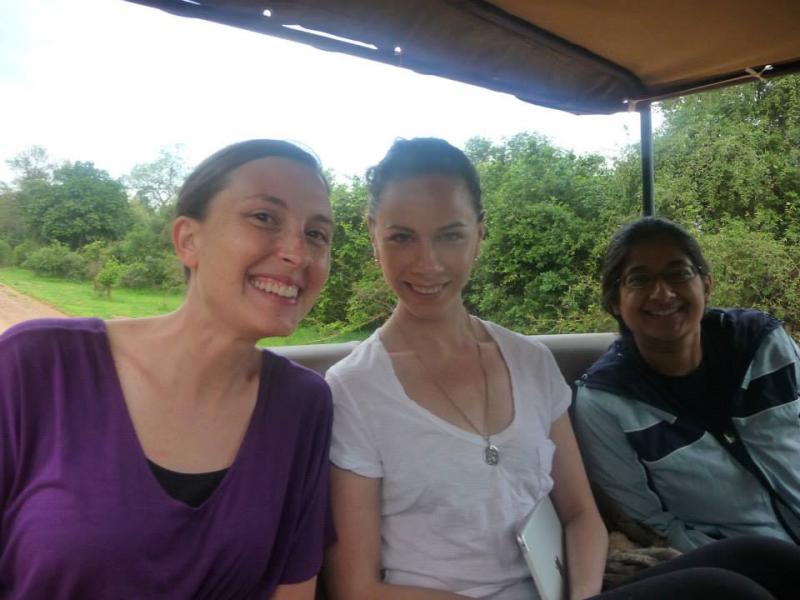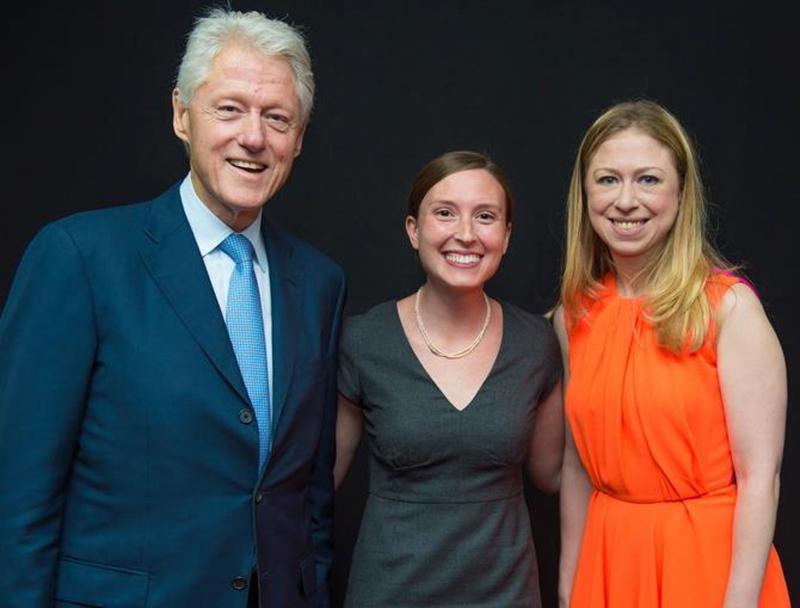Mattapoisett to Malawi: Local woman gets grassroots look at progress in AIDS epidemic
By now, Samantha White thought she’d be living in New York City and working in public relations for some glamorous company.
Instead, she’s traded Manhattan for Malawi and has spent the year meeting with community leaders under shade trees, dancing with Malawian women in corn fields and working to improve the healthcare of a population where many are HIV positive.
White, who grew up in Mattapoisett where her father Danny White lives and in Plymouth, was one of 106 fellows chosen out of a pool of almost 4,000 applicants to work with Global Health Corps.
The program, whose co-founders include Barbara Bush and Jenna Bush Hager, offers one-year fellowships aimed to improve health in African countries.
White called her first trip to Africa in 2004 an eye-opener. Working with a team of fellow undergraduates from Elon University and the pharmaceutical company Pfizer, she saw the AIDS epidemic at a time when antiretroviral drugs, used to manage HIV, were still new.
“There was an entire generation of people who were literally being swept away,” said White. “Everyone was about just trying to get by.”
The experience left White with a desire to help the global cause for better healthcare. She earned a master’s degree from George Washington University in 2012.
After consulting with Save the Children, White got her first choice working in Malawi with the Elizabeth Glaser Pediatric AIDS Foundation, a partner of Global Health Corps.
White had been desk-bound again for years, but said, “I wanted that really valuable experience of working at the community level.”
In Malawi, her job has been to support the work of community-based organizations or CBOs. Run completely by Malawians, the organizations help prevent the transmission of AIDS from mother to child and other healthcare initiatives.
While adjusting to a steady diet of rice and beans, White has worked to improve the organizational and technical capacities of these community organizations so they operate more efficiently and assess their work with more accuracy.
“Most [of the leaders] haven’t gone past the equivalent of a high school education, yet they’re running these amazing programs,” she said.
Elizabeth Glaser Pediatric AIDS Foundation-supported programs have helped to test more than 602,000 pregnant women for HIV and provided antiretroviral drugs to more than 41,000 infants exposed to the virus.
Much of that has come through working with the community. Yet, the role of CBOs is too often downplayed, said White.
“I’ve always worked at such a high level – policy, measuring indicators across 30 countries. Then we would say, we should probably involve some CBOs,” she said. “Without them global health initiatives would not work. They know what works, they know what doesn’t work.”
While White highlights the work of the CBOs, other people are recognizing the importance of hers. Two of White’s abstracts were chosen for the 20th annual International AIDS Society Conference in Melbourne, Australia this July.
White’s fellowship ends this summer, but she hopes to find a job in the U.S. that will encourage information sharing amongst global health projects.
“We’re missing out on a lot of possible learning that we could be doing form each other,” she said.
Being on the ground in Malawi has given White an opportunity to see the benefit of collaboration firsthand.
Fast forward 10 years since her first trip to Africa, and the change is obvious.
“People are living positively with HIV. They are no longer sick. They are no longer dying,” said White. “You read about this in papers or articles but to see it first hand, there really has been so much progress.”
Read more about White's experience here and here. Information on the work in Malawi can be found here.



















